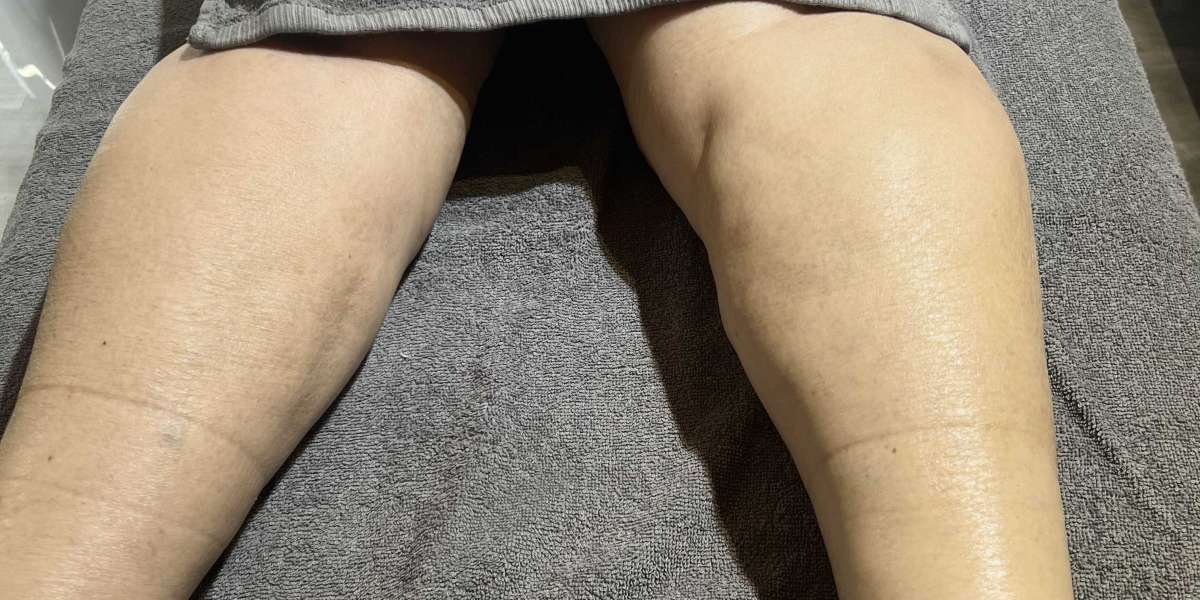Unlocking the Secrets: Discover the Best Ways to Tame ADHD Today!
Attention Deficit Hyperactivity Disorder (ADHD) is a neurological condition that affects millions of people worldwide, manifesting in various ways that can significantly impact daily life. From children in classrooms to adults in workplaces, understanding ADHD and its implications is crucial for fostering a supportive environment. As awareness of ADHD grows, so does the importance of exploring effective ADHD treatment options that cater to individual needs. In this article, we will delve into the various treatment options available, including medications, therapeutic approaches, and lifestyle changes that can help manage ADHD symptoms and improve overall quality of life.

Understanding ADHD
ADHD is characterized by symptoms such as inattention, hyperactivity, and impulsivity, which can vary significantly from person to person. There are three primary types of ADHD: inattentive, hyperactive-impulsive, and combined. Individuals with the inattentive type may struggle to focus on tasks, easily lose things, or forget details, while those with the hyperactive-impulsive type might find it difficult to sit still, interrupt others, or wait their turn. The combined type includes symptoms from both categories, making it particularly challenging. ADHD not only affects academic and professional performance but can also interfere with personal relationships, self-esteem, and overall mental health. Understanding these nuances is essential for tailoring effective treatment strategies to each individual.
Medications for ADHD
When it comes to ADHD treatment, medications can play a vital role. The two main categories of medications are stimulants and non-stimulants. Stimulants, which include amphetamines and methylphenidates, are often the first line of treatment due to their proven effectiveness in reducing symptoms for many individuals. These medications work by increasing the levels of certain neurotransmitters in the brain, leading to improved focus and impulse control. However, they can also have side effects such as insomnia, decreased appetite, and increased anxiety. Non-stimulant medications, like atomoxetine, offer an alternative for those who may not respond well to stimulants or who experience significant side effects. It's important to work closely with a healthcare provider to determine the most suitable medication and dosage, as individual responses can vary widely. Personal experiences shared by friends highlight the importance of patience and persistence in finding the right medication, as it often takes time to observe the benefits and adjust accordingly.
Therapeutic Approaches
Therapies can provide essential tools for managing ADHD symptoms alongside medication. Cognitive Behavioral Therapy (CBT) is one of the most effective therapeutic approaches, helping individuals recognize and change negative thought patterns and behaviors. Through CBT, individuals learn coping strategies that can lead to improved emotional regulation and problem-solving skills. Coaching is another valuable therapy, focusing on practical skills such as organization, time management, and goal setting. Many friends have shared how coaching sessions allowed them to create structured plans that made daily tasks feel more manageable. These therapeutic approaches empower individuals to take control of their ADHD symptoms and enhance their ability to function in various aspects of life.
Lifestyle Changes to Manage ADHD
In addition to medications and therapies, lifestyle changes can significantly impact the management of ADHD. A well-balanced diet, rich in whole foods, can help stabilize energy levels and improve focus. Omega-3 fatty acids, found in fish and flaxseeds, have been linked to better brain function. Regular exercise is another crucial aspect; it not only helps reduce hyperactivity but also promotes better mood and cognitive function. Sleep hygiene is vital as well, since adequate rest can alleviate many ADHD symptoms. Establishing a consistent routine, using planners or digital tools for organization, and breaking tasks into manageable chunks can further support individuals with ADHD in navigating their daily lives. Friends have shared that creating consistent bedtime and morning routines has made a world of difference in their ability to manage symptoms effectively.
Strategies for Effective ADHD Management
Managing ADHD is a multifaceted journey that requires a comprehensive approach. From understanding the condition and exploring medication options to engaging in therapies and making lifestyle changes, each element plays a significant role in improving daily functioning and quality of life. By recognizing the uniqueness of each individual's experience with ADHD and seeking personalized professional advice, individuals and their families can discover the most effective strategies for managing symptoms. Embracing this holistic approach can lead to meaningful progress and a more fulfilling life.








